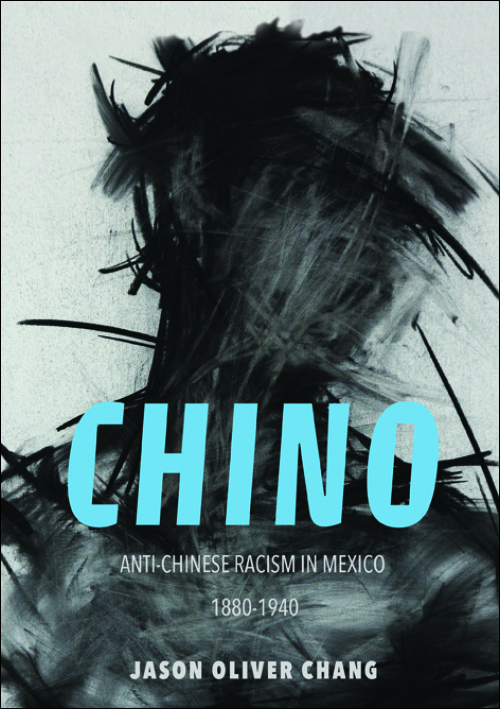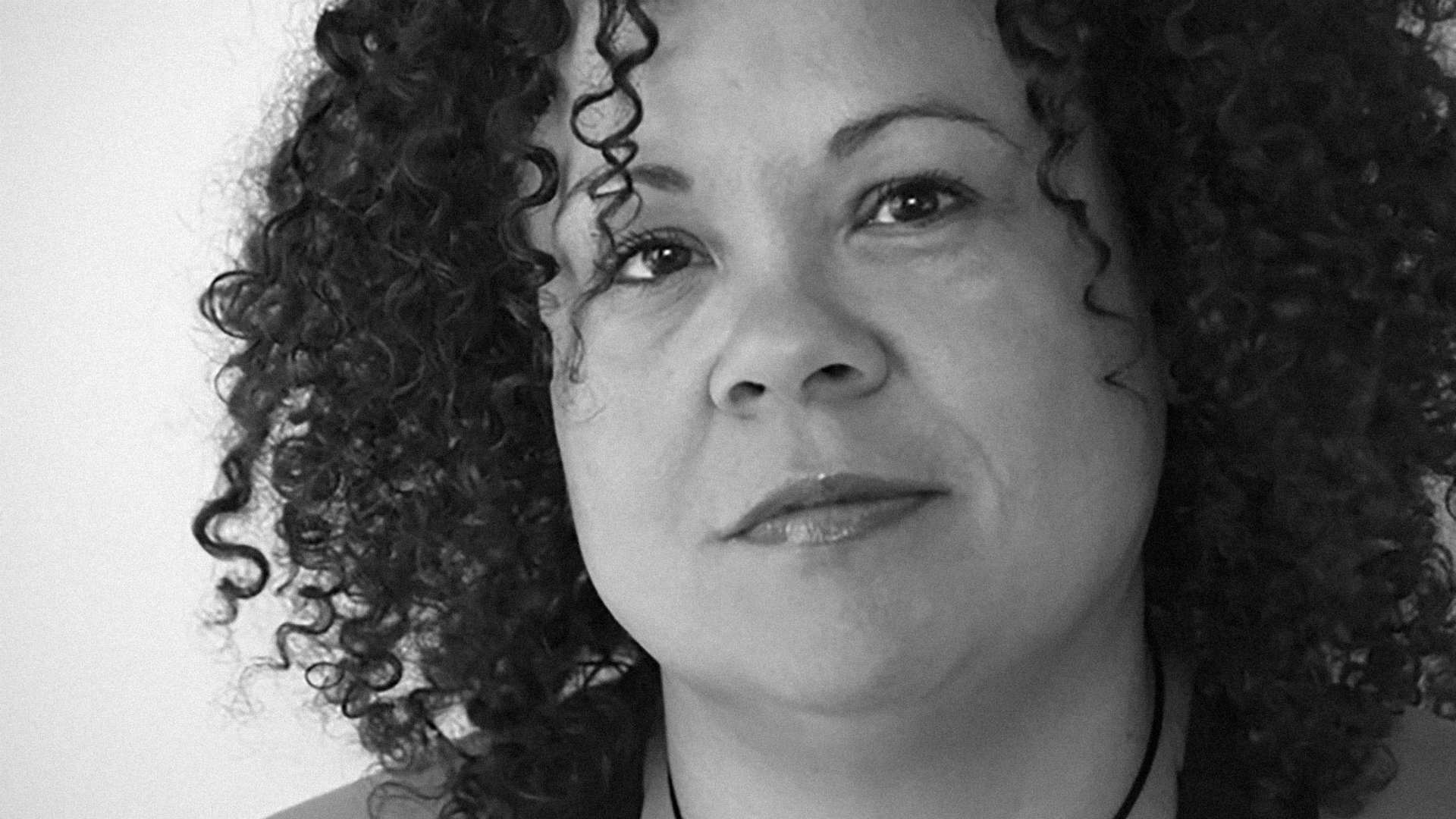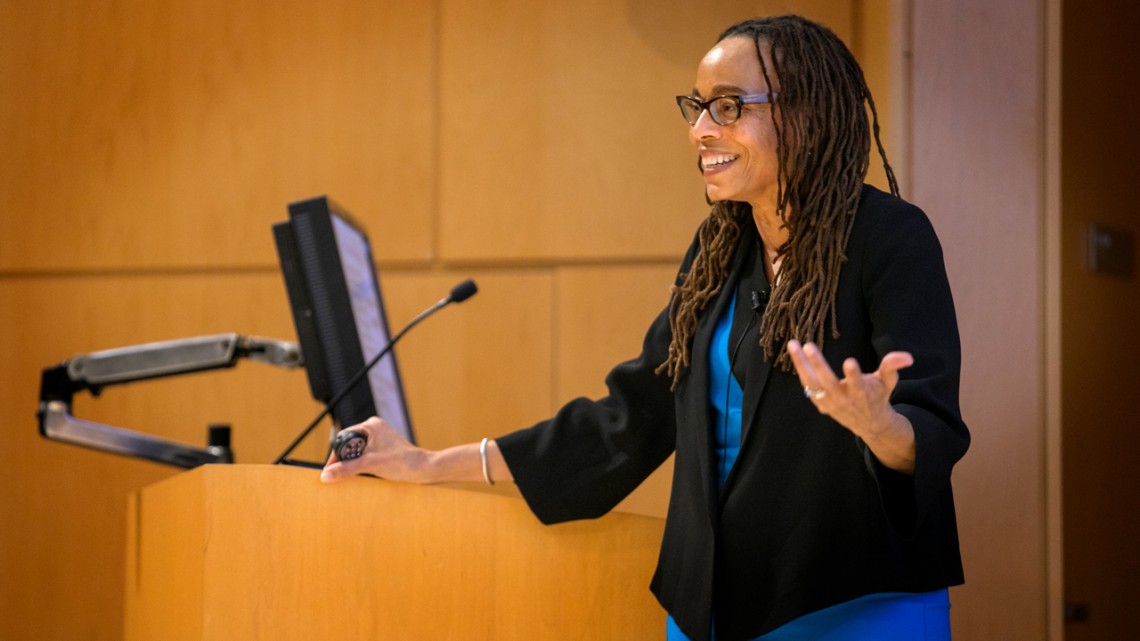Chino: Anti-Chinese Racism in Mexico, 1880-1940Posted in Asian Diaspora, Books, Caribbean/Latin America, History, Media Archive, Mexico, Monographs on 2017-11-27 01:09Z by Steven |
Chino: Anti-Chinese Racism in Mexico, 1880-1940
University of Illinois Press
April 2017
278 pages
6.125 x 9.25 in.
12 black & white photographs, 2 line drawings, 7 maps, 2 tables
Cloth ISBN: 978-0-252-04086-3
Paper ISBN: 978-0-252-08234-4
Ebook ISBN: 978-0-252-09935-9
Jason Oliver Chang, Assistant Professor of History and Asian American Studies
University of Connecticut
The politics of racial difference amid the tumult of modern Mexican history
From the late nineteenth century to the 1930s, antichinismo–the politics of racism against Chinese Mexicans–found potent expression in Mexico. Jason Oliver Chang delves into the untold story of how antichinismo helped the revolutionary Mexican state, and the elite in control of it, build their nation.
As Chang shows, anti-Chinese politics shared intimate bonds with a romantic ideology that surrounded the transformation of the mass indigenous peasantry into dignified mestizos. Racializing a Chinese Other became instrumental in organizing the political power and resources for winning Mexico’s revolutionary war, building state power, and seizing national hegemony in order to dominate the majority Indian population. By centering the Chinese in the drama of Mexican history, Chang opens up a fascinating untold story about the ways antichinismo was embedded within Mexico’s revolutionary national state and its ideologies.
Groundbreaking and boldly argued, Chino is a first-of-its-kind look at the essential role the Chinese played in Mexican culture and politics.








